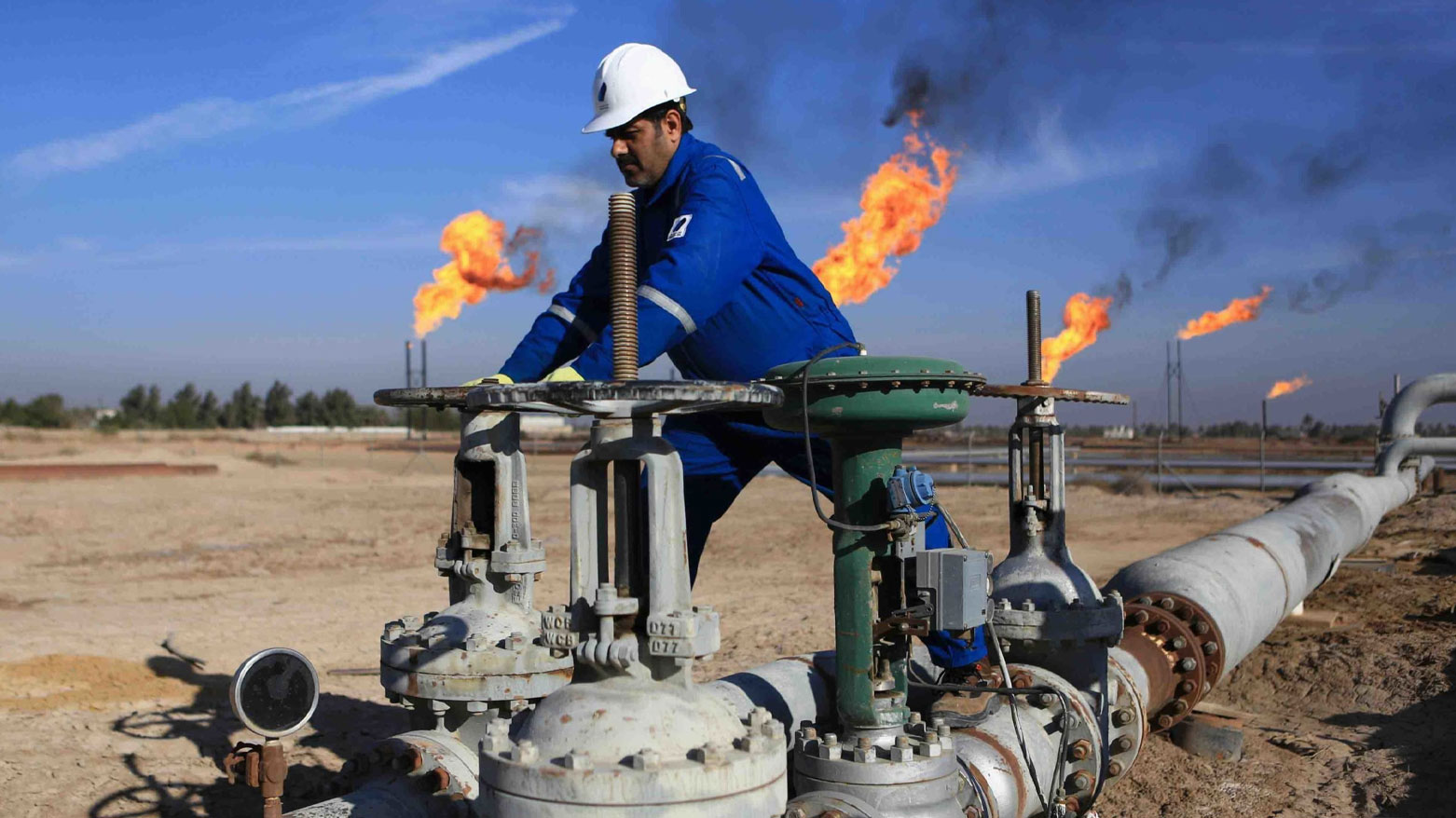Kurdistan Region Oil Exports' Resumption Boosts Regional and European Energy Security
The first shipment was exported on Sept. 27 via the Iraq-Turkey pipeline, beginning with 190,000 barrels per day (bpd) to global markets. The volume is expected to increase to 230,000 bpd in the near future, with 50,000 bpd designated for domestic use in the Kurdistan Region.

ERBIL (Kurdistan24) – Energy experts say the resumption of oil exports from the Kurdistan Region will strengthen Turkey’s and Europe’s energy security while providing a major boost to the economies of Iraq and the Kurdistan Region.
After nearly two and a half years of suspension, oil exports from the Kurdistan Region officially resumed on Sept. 25 through the Turkish port of Ceyhan. The breakthrough follows a landmark tripartite agreement between the Kurdistan Regional Government (KRG), the Iraqi federal government, and international oil companies.
The first shipment was exported on Sept. 27 via the Iraq-Turkey pipeline, beginning with 190,000 barrels per day (bpd) to global markets. The volume is expected to increase to 230,000 bpd in the near future, with 50,000 bpd designated for domestic use in the Kurdistan Region.
Experts say the agreement is a strategic development for regional stability. They emphasize that the Iraq-Turkey pipeline provides a more secure and cost-effective alternative to transporting oil by sea from Basra.
“The export agreement will strengthen Turkey’s and Europe’s energy security,” said Turkish academic Ali Oguz Dirioz. “It will also support industrial development, generate revenue, and create further prosperity in the Kurdistan Region.”
The financial impact is also substantial. The deal is projected to contribute between $400 million and $500 million per month to Iraq’s federal budget. Oil sales will be managed through the U.S. Federal Reserve System to ensure transparency, while international oil companies will receive $16 per barrel to cover production and transportation costs.
“Although the initial export volume is modest, the pipeline’s capacity allows for substantial increases. If Kirkuk oil is included, total exports could reach 700,000 to 800,000 bpd,” noted Oguzhan Akyener, President of the Turkey Energy Strategies and Politics Research Center (TESPAM).
The 900-kilometer Iraq-Turkey pipeline, which connects oil fields in the Kurdistan Region to the Mediterranean port of Ceyhan, is the country’s largest oil export route. Its reactivation is seen not only as an economic revival but also as a key step toward enhanced cooperation and regional stability.
Exports had been halted since March 2023 following a ruling by the Paris-based International Chamber of Arbitration, which announced that Turkey had violated a 1973 agreement by allowing the Kurdistan Region to export oil independently.